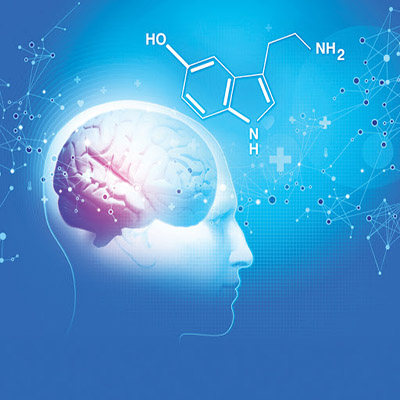This post gives you some information on a study of the neurotransmitter serotonin. This is not a perfect response by any means but the study and some of the information could be used to answer any question on agonists or neurotransmitters in general.
For example:
-Explain the role of one neurotransmitter on one human behavior.
-Describe how one agonist affects one behavior.
Serotonin is a chemical with numerous functions in the body. It is often referred to as the happy chemical since it contributes to happiness and wellbeing.
It is used to relay messages between neurons and contributes to wellbeing and happiness. As the signaller for melatonin, it also helps regulate the body’s sleep-wake cycles and internal clock. Serotonin may also play a role in appetite, emotions, and mood: with strong associations to depression. Low levels of serotonin may lead to depression in some cases.
<MORE>
Mood-altering drugs such as LSD and ecstasy cause a significant rise in serotonin levels. Serotonin can inhibit sexual activity. Selective serotonin reuptake inhibitors (SSRIs) increase serotonin levels in people suffering from depression, but around 50 percent of people who use them experience symptoms related to sexual dysfunction.
Aim: Kasamatsu and Hirai (1999) analyzed how serotonin and sensory deprivation affect behavior.
Method: The researchers examined a group of Buddhist monks traveling on a 3-day pilgrimage to a sacred mountain. The monks had no food or water and were not permitted to talk to anyone. They were exposed to harshly cold mountain conditions. The researchers conducting the study took blood samples from the participants before they left on their journey and as soon as they started experiencing hallucinations.
Results: After about 2 days of their pilgrimage, the monks began hallucinating (e.g. seeing ancient ancestors or feeling their presence). Kasamatsu and Hirai discovered that the monks’ serotonin levels had increased likely causing the hallucinations.
Conclusion: Sensory deprivation and low energy triggered the increase of serotonin released, causing a change in behavior such as hallucinations.
<LESS>
